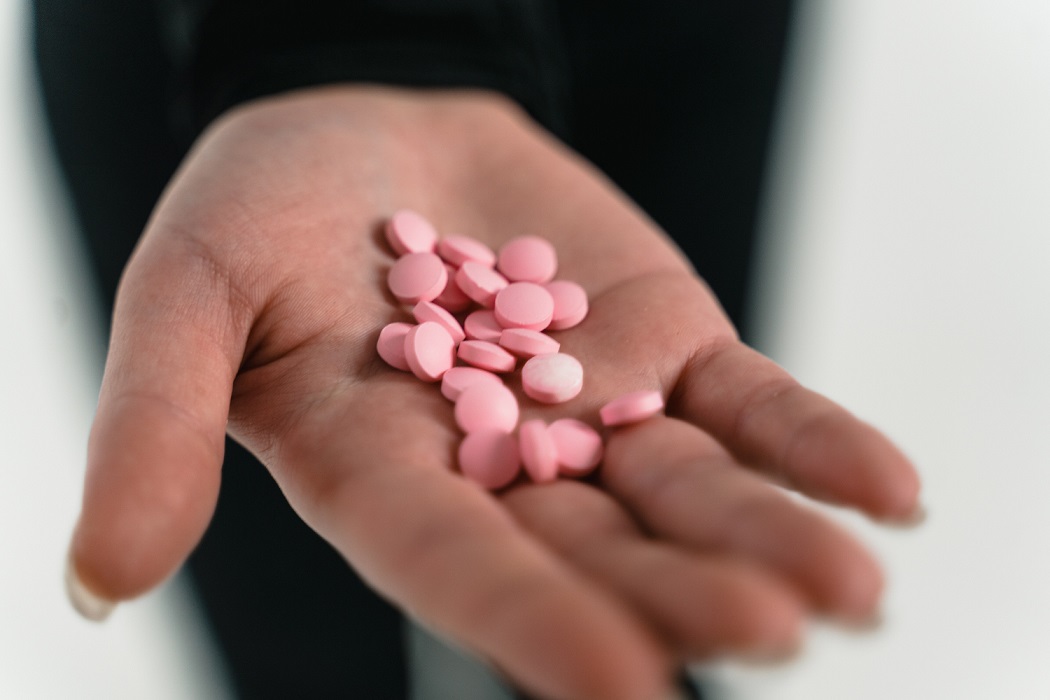One of Cali’s largest opioid hubs blames Walgreens and Teva for the crisis.
An attorney for the city of San Francisco, California, stated before a judge earlier this week that Walgreens and Teva Pharmaceutical Industries both “ignored the health risks when they created new markets for opioids.” The comment was made during opening statements at the first trial involving drug manufacturers, distributors and pharmacies concerning addictive painkillers. Walgreens is a well-known nationwide retailer and pharmacy. Teva is an Israel-based pharmaceutical manufacturer.
Richard Heimann, attorney for the city of San Francisco, said prescription drug providers are “complicit in expanding the market for opioids, regardless of the public health risks.” He added, “Opioids previously had been restricted for use in surgery, cancer treatment and end-of-life care. But the pharmaceutical industry made false claims about the drugs’ safety in order to market the drugs to patients suffering from common and chronic conditions like lower back pain and arthritis. The goal was to create a new market.” In doing so, use (and improper use and abuse) of these drugs expanded greatly.

In its original suit filed in 2018, San Francisco called Walgreens, Teva and AbbVie Inc’s Allergan, as well as drug distributor Anda Inc, owned by Teva, creators of a “public nuisance” in issuing large numbers of prescription drugs to city residents and failing to prevent these drugs from being diverted for illicit use. The lawsuit also included drugmakers Purdue Pharma LP, Johnson & Johnson and Endo International Plc as well as distributors McKesson Corp., Cardinal Health Inc and AmerisourceBergen Corp. The city has since settled with the majority of defendants. The companies have denied any wrongdoing and have responded that they “sold opioid medications that were prescribed by doctors,” essentially shifting the blame away from them and towards clinicians.
The city’s death toll in the past two years from opioids (particularly the deadly synthetic fentanyl) totals more than 1,300. Nearly half of those fatal overdoses have occurred in two of the city’s hardest hit districts. Since the 1960s, the Glide Foundation, parent company of San Fran’s Glide Memorial Church, has been on the frontlines, advocating for poor and disenfranchised communities, which are more susceptible to overdose deaths. The foundation is currently distributing clean syringes, glass pipes, alcohol wipes, and bottles of water to those suffering from addiction, attempting to make their use as safe as possible until they’re able to seek help.
The opioid crisis has caused more than 500,000 overdose deaths, in general, nationwide in the past two decades, according to the U.S. Centers for Disease Control and Prevention (CDC). San Francisco County’s suit states that the city has “received more than 163 million prescription pain pills from 2006 to 2014, which amounts to 22 pills per resident per year.” Opioid-related issues current account for one-quarter of emergency room visits.
Five months ago, a California judge held that Los Angeles, Santa Clara, and Orange counties, all in California, along with the city of Oakland, “failed to prove that Endo, Johnson & Johnson, Teva and Allergan created a public nuisance through the sale and promotion of opioids pain medicines.”
Sources:
Tracking San Francisco’s drug overdose epidemic
Walgreens, Teva accused of fueling opioid addiction in quest for new markets
The daily battle to keep people alive as fentanyl ravages San Francisco’s Tenderloin


Join the conversation!